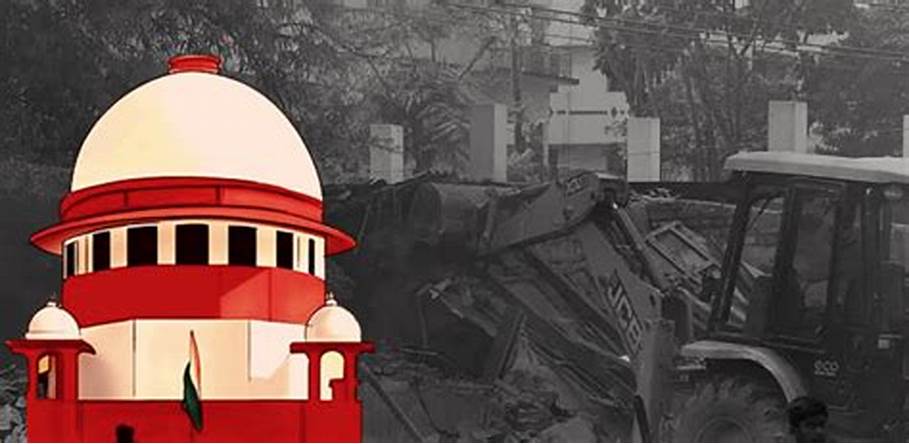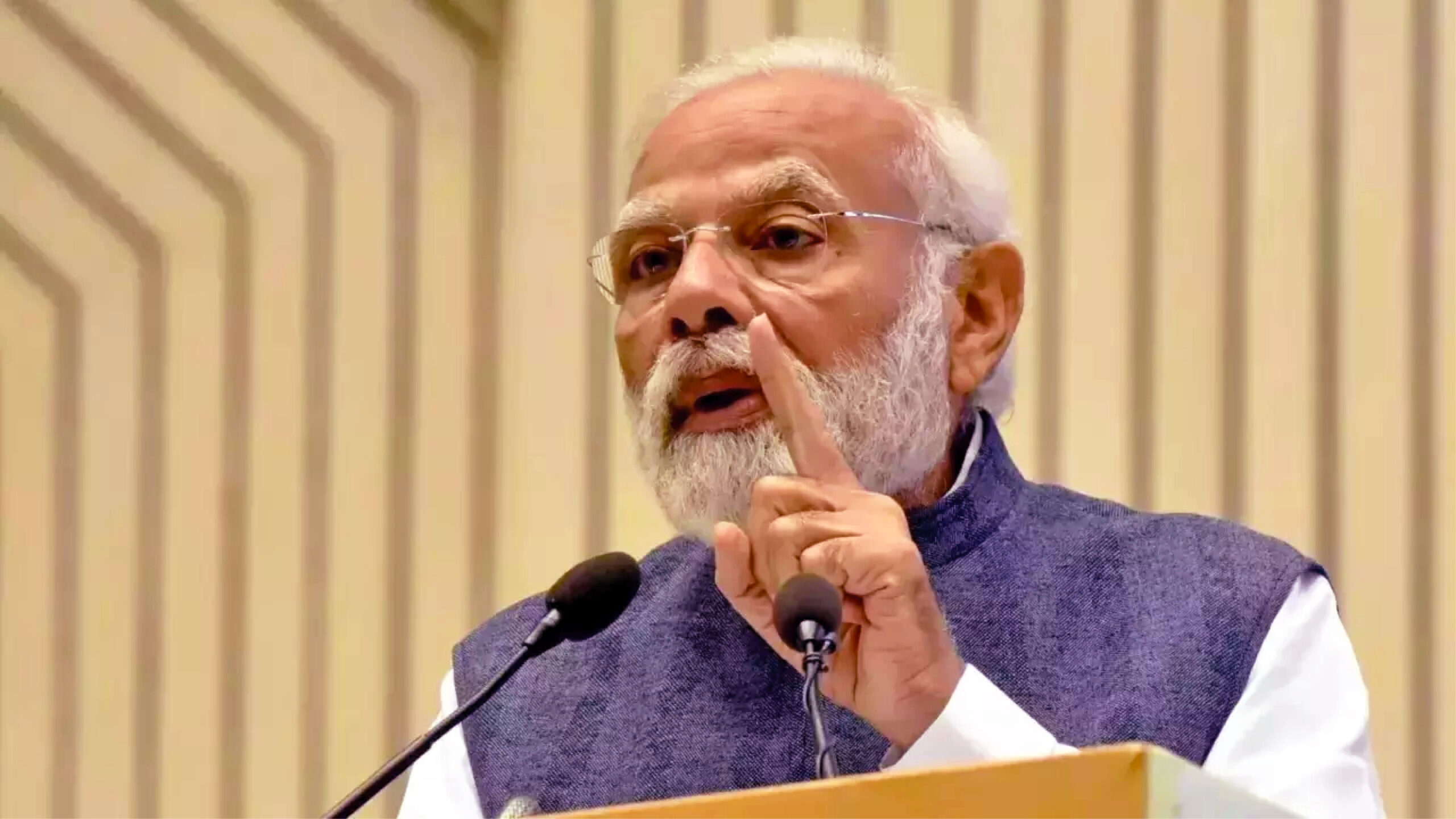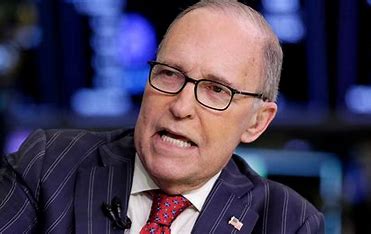
The fact that the details of vacancies of Judges of different High Courts across the country are placed before the Rajya Sabha (Upper House) by the Ministry of Law is not only worrisome but also a growing concern. Be that as it may, in my opinion, judging who should be the Judge is a critical and indeed a difficult task for the Supreme Court and High Court Collegiums, and it is inextricably linked to the quality of decisions rendered by the judges, especially when rule of law prevails in India. I am in no way suggesting that vacancies should not be filled. In this article, my only attempt is to propound that the constitutional post must be given to most meritorious.
Methodology of appointment and transfer of Judges has evolved through Supreme Court Judgements. First Judges case in (1981) gave the ruling on primacy of executive over the judiciary, Second Judges case (1993) introduced th Collegium system and held that “Consultation” really meant concurrence, Third Judges case (1998) expanded the Collegium to Five-member body. Supreme Court Collegium is headed by CJI and comprises four other senior most Judges of the Court, while as High Court Collegium is headed by Chief Justice and four other senior most Judges.
The Constitution has laid down the criteria of 10 years of experience of an advocate to be a High Court Judge under Article 217, but it has also provided in article 217 (3): “If any question arises as to the age of a Judge of a High Court, the question shall be decided by the President after consultation with the Chief Justice of India and the decision of the President shall be final”.
The appointment to the High Courts is not advertised. There are no application forms or job descriptions and nor there is a structured process. While selecting judges,the collegium has to look for professional ability, experience, standing, integrity, a sound temperament and psychological ability to carry out duties.
The dilemma faced by the High Court collegium is that the average age for the selection of High Courts judges is 45 by which time most of the advocates start doing professionally very well and they are not willing to take up an arduous job of judgeship as it comes with sacrifices. Those who are ready to make sacrifices take up the job in the interest of serving to people at large.
The collegium needs to see much more than just the experience. The professional ability of an advocate is most important criteria for appointing an advocate as a Judge. Whereas the quality of sound temperament and standing are ambiguous terms, it may also mean the people who do not fit into establishment mould cannot be appointed as judges. The standing may also mean success of anadvocate but what does success mean is not clear. In other words, is to be understood as to how much money anadvocate makes or it is to be understood as although such advocate is not making big money but working on lot of briefs to help the poor and needy. It is still not clear as to what quality of an advocate shall make him/her good enough for being a High Court Judge. In any case, the government plays an important role to ascertain the background of a nominee as High Court Judge
The Judiciary is one of the most important pillars of Democracy, an independent judiciary is imperative for smooth functioning of civilized society. The High Court’s Judges are required to deal with constitutionally important cases and this shapes the destiny of country and therefore, people with highest talent, widest experience and impeccable integrity should be the benchmark for the appointment.















